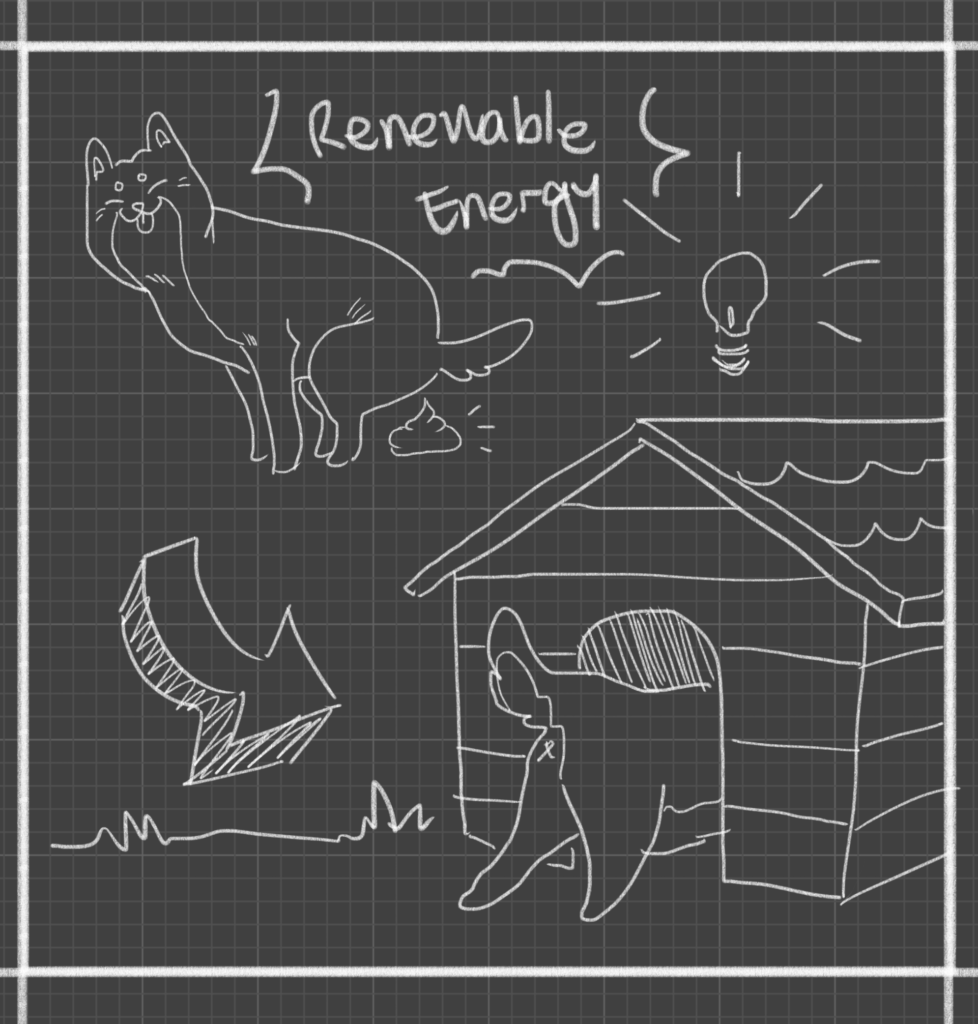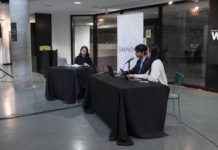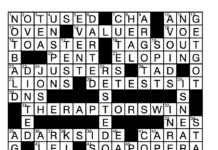The city of Waterloo will be the first city in Canada to use an easily accessible renewable resource for energy: dog poop.
Mayor Dave Jaworsky states that, “the City of Waterloo has 250 litter barrels in our parks across the city, and when we look to see what’s in them, it’s 40% to 80% dog waste.”
The dog waste will be better served as a renewable energy source to power most of Waterloo. This is done through the process of anaerobic digestion where microorganisms break down biodegradable resources in the absence of oxygen.
Using microorganisms that function in the absence of oxygen is crucial to this process since it cost efficient. The microorganisms that require oxygen need blowers, pumps, and motors to function. In addition, the energy yield is much higher for anaerobic organisms.
The two byproducts of anaerobic digestion, biogas and digestate, can be used for an energy source.

Biogas can be used directly as fuel or it can be upgraded to have the same energy yield as fossil natural gas. Digestate can be used to aid fertilization to further break down waste.
This new process for dog owners is extremely minimal. Instead of throwing the dog manure in regular trash cans, they would throw them in specific receptacles. These receptacles look like mailboxes that are painted green with a picture of a dog on it.
The plant process also takes care of separating the plastic from the manure so owners don’t have to worry about that either.
This process is mostly done in rural areas with cow manure. By taking this process and applying it to urban regions the dog poop that is usually just added to landfills can be used for a better purpose. Just three receptacles of dog poop, can provide electricity for 78 homes for an entire year.
Jaworsky is also inclined to do this because this is a local homegrown company. He encourages the local government with local investors to solve this problem.
The pilot project will cost about $10,000. However Jaworsky claims that this cost is “very modest considering eventually we’re going to be able to divert 125,000 lbs of dog waste a year.”
These receptacles will be implemented in three parks in Waterloo, including a dog park.






























